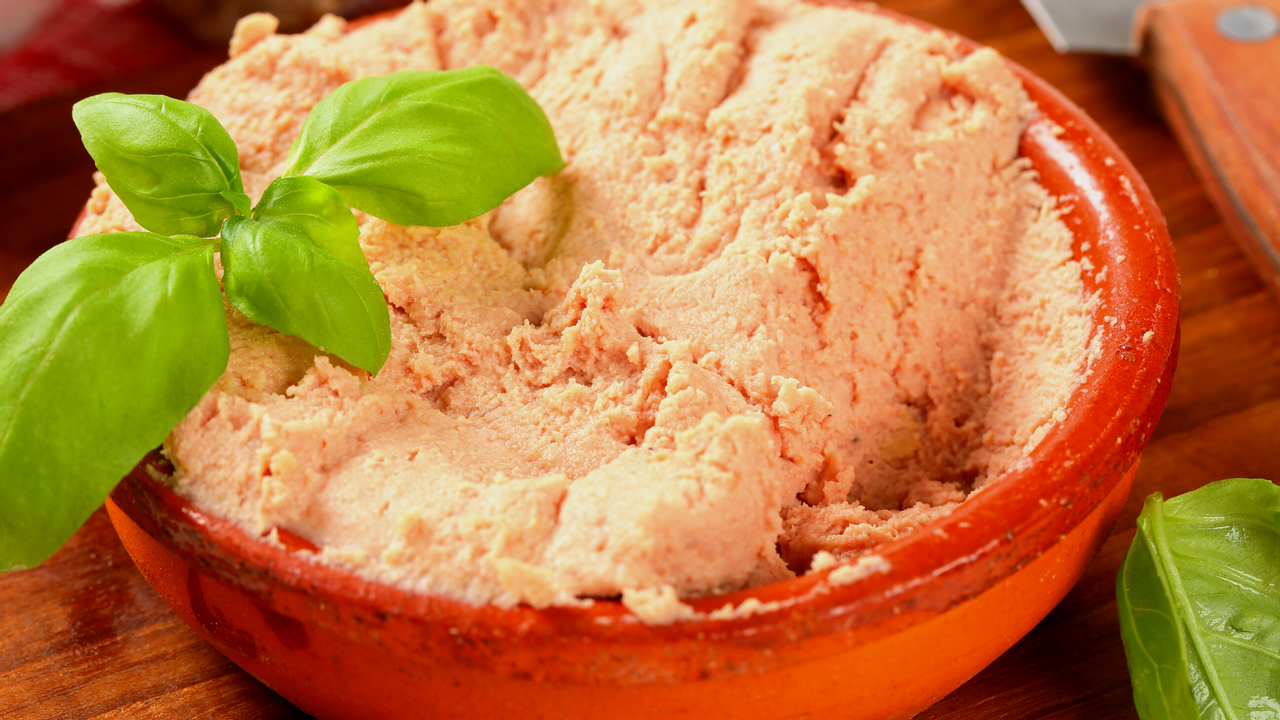On The Blog.
Come get your dose of all things that will help you eat well, move well, think well, and BE well!
Intuitive Eating is Just Like Fartlek Running. Here's What I Mean.

I just wanted to share a random thought I had while I was out for a jog the other day (I get my best ideas and thoughts while I'm exercising, even if they are sometimes super random!)
So, how is fartlek running like intuitive eating? Simply put, both techniques are all about how your body feels. With fartlek, you run faster when you FEEL like running faster, and go slower when you FEEL like going slower. With intuitive eating, you eat what feels good in your body at that time. If your body is telling you it needs to eat a salad, then eat the salad. If it's telling you that a cookie is the loving choice in that moment, then eat the cookie!
In both instances, it's about honoring what your body is requesting, and not relying on an external program, like an interval timer for running, or a diet in eating. Interval timers that tell you "go faster for 1 minute, then slower for 2 minutes" mean that you are gauging your intensity based on the timer, not your body. (not to say that's a b...
5 Reasons You Could Be Hungry Shortly After Eating Your Meals
I love when I get questions from TBP members! This question was from one of our TBPers who asked me about some possible reasons for feeling hungry about 30-60 minutes after eating her meals. Enjoy listening to my response!
Quick recap in video:
Reasons for still feeling hungry (of course, there could be so many other reasons, but these are some big ones to start thinking about.)
- Not eating enough for what your body needs. (ie: did you exercise that day and need more calories? or is your body just in an "underfed" state?
- Was enough FIBER and PROTEIN eaten at the meal?
- Are you having a blood sugar response called reactive hypoglycemia, where your blood sugar dips after eating? This can be found out by testing with a glucose meter.
- Are you under stress? Stress can cause the adrenals to work harder, and that can also be a cause of blood sugar dips (when your blood sugar dips, surprisingly your body tells you you're hungry!)
- Do you have a food intolerance to something you ate? ...
Cheat Meals are Cheating You!

Why I’ve stopped including cheat meals in my diet, and why you should, too.
Cheat meals are perpetuating the cycle of good food vs. bad food. They assign morality to what we eat. How can you shift your perspective to find freedom with food again?
First, let’s uncover what a cheat meal or cheat day is. It’s a technique that many dieters use to reward themselves for following the “food rules” of their diet all week. It’s something to look forward to, and a way to eat the foods that the diet plan doesn’t include. Before we move on, let me ask you this thought to ponder: Why doesn’t the plan include that food you “cheat” with?
Here’s why that diet or food plan has “cheat food.” It’s because any diet plan labels food as good or bad. That’s it. Black and white. The food is either on the plan (good) or off the plan (bad). This way of thinking has been so deeply ingrained in our psyche, that we start to believe that food is good or bad, when in actuality, food is neutral, neither good, ...
Do you wake up with a dry mouth? This could be the culprit.
We are evolutionarily designed to nose breath. The nose is the start of the respiratory system. The mouth was evolutionarily designed to begin the digestion process, not the respiratory process. Mouth breathing is essentially an "emergency state" that we have come to live in.
Nose breathing releases nitric oxide in the body, which increases the CO2 levels in the blood. The level of CO2 in the blood then regulates the release of O2 into the cells to maintain the balance. Mouth breathing does not release nitric oxide, and thus, less oxygen gets released into the cells (leading to all sorts of symptoms such as fatigue, anxiety, depression, digestive issues, immune issues, etc.)
Mouth breathing, especially while asleep, plays a HUGE role in dental health. Tooth decay and cavities are a big sign of mouth breathing because when the mouth is dehydrated (ie: you wake up with a dry mouth), there is little saliva in the mouth. Saliva plays a key role in maintaining a healthy biome in the mo...
10 Steps to Fixing Your Consistency Problems

Are you finding that you start out strong with a goal, but then fall off the wagon because you're not consistently working toward that goal? Listen in as I share 10 tips to increase and improve your consistency problems in any goal or habit that you want to implement into your routine.
- Ask yourself: Do you really want what IT is? (do you want it for you, or is it something that you think someone else wants for you?) If yes? continue on. If no: Pick a new goal, because this one will not work.
- Can you picture You 2.0 doing this habit consistently? If yes: keep doing it and picturing the future you doing this habit. If no: Not going to happen, pick a new goal that you can picture the future you doing. (The You 2.0 thought is a great technique I learned from Manifestation Teacher, Tara Brunet. I am a part of her membership, and am always learning better ways to manifest the things I want into my life via her talks, podcasts, and workshops! Highly recommend!)
- What doubts do you have ...
A Handy Way to Determine Portion Sizes

While portion sizes don’t tell the whole story of good nutrition, it’s important to know the approximate portion sizes of different foods so that you’re not way off on your estimates (or nutritional goals). Here’s a handy ![]() way to use your hand for serving size suggestions.
way to use your hand for serving size suggestions.

Pregnancy Nutrition: Why Cod Liver Oil & Liver are Important

One food that I highly recommend before, during, and after pregnancy is cod liver oil. Not only is it a great source of Omega 3 fatty acids, which are great for break development, but it's a good source of Vitamin A and Vitamin D, both essential for pregnancy.
Two sources I approve: Standard Process Cod Liver Oil and Green Pastures Fermented Cod Liver Oil
Vitamin A is critical for optimal genetic expression, bones, skin, eyes, mineral metabolism, hormones, mental stability, lung development, kidney health. If it's lacking, organs may develop abnormally. Vitamin A also protects against environmental damages like chemicals, toxins, estrogens, and pesticides. While humans can convert carotenes from foods like leafy greens and orange veggies into vitamin A, this extra step/process may not be sufficient for the demands of pregnancy.
The risk of Vitamin A toxicity is minimal as compared to the rewards. Essentially, risk comes in two mannors: 1 too much dietary carotenes, and 2: to...
Two foods you don’t want to skimp out on before, during pregnancy, and while breastfeeding.

Nutrition becomes one of the most important pieces of any pregnancy. All of the cells in the body are essentially grown from the nutrition we provide our bodies. Having a healthy base before getting pregnant, maintaining the essential nutrients during pregnancy to support healthy growth of the fetus, and continuing to supply those nutrients to the baby during breastfeeding is critical.
Having a clinical nutritionist in your back pocket is a great idea to ensure you're getting the nutrients needed via the foods you eat. Today, I just wanted to share two foods that you probably already have in your refrigerator, that you definitely don't want to skimp out on during this critical time of growth.
Pasture Raised Eggs
Here's why:
- The egg white contains protein. Protein needs go way up during pregnancy, as proteins are the building blocks of our cells!
- The egg yolk is the powerhouse of nutrients. It supplies:
- choline (for nervous system growth)
- cholesterol (for hormonal developm ...
The chicken, the egg, and stress.

What comes first? The chicken? The egg? or stress?
Well, that's not the question I'm answering today, but I do have a fun story to share with you about eggs and how the color of your egg yolks can tell you a little bit about your chickens!
When I first began getting eggs from "The Egg Lady" who has a farm with pasture raised eggs in Napa, I was hooked. They were bright orange yolks and tasted delicious. Then, one week, we picked up the eggs and the yolks were yellow. Hmm... Did the chickens eat something different? Different chicken eggs? What happened?
So we asked The Egg Lady and here's what she said: When the eggs are more yellow, it means that the chickens (or what they were eating) were stressed. So, it got me thinking. When we eat foods that aren't grown via nature, or if we eat in a stressed out state, or if we are chronically stressed, is the same thing happening in our bodies? Are our bodies not able to work as efficiently to produce the best results?
The timeline ...




